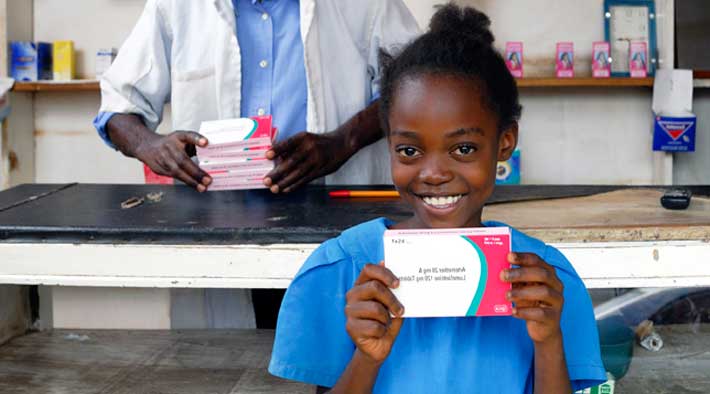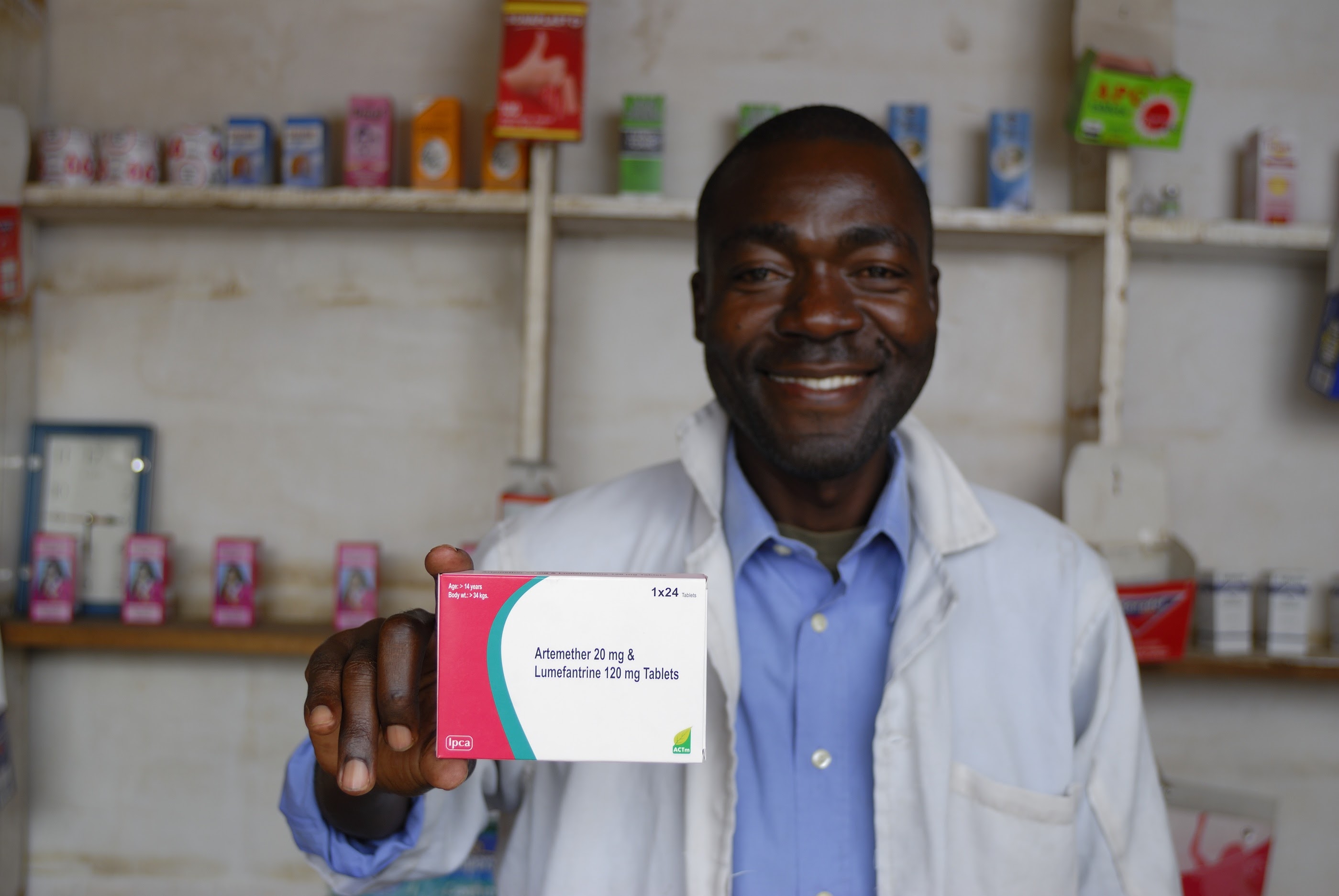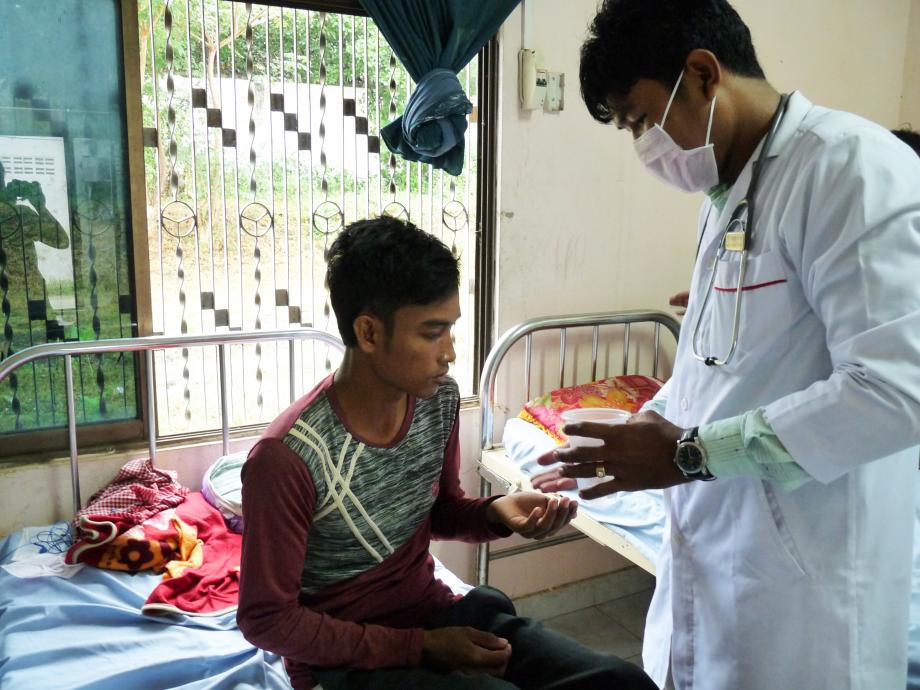The problem
Severe malaria causes death in nearly all cases, especially in children under five years of age. In 2010, the World Health Organization (WHO) recommended injectable artesunate, a more effective treatment option than the existing standard of care, injectable quinine. However, adoption in some countries was slow due to a lack of demand.
Download the project evaluation
Our response
The project created a stable market for quality-assured injectable artesunate to treat severe malaria in six malaria-endemic countries, increased demand and trained health care staff in the appropriate use of the treatment.
In parallel, the project facilitated the quality-assurance process for two rectal artesunate suppositories, which is the WHO-recommended pre-referral intervention for severe malaria in settings where prompt treatment with injectable artesunate isn’t available.






